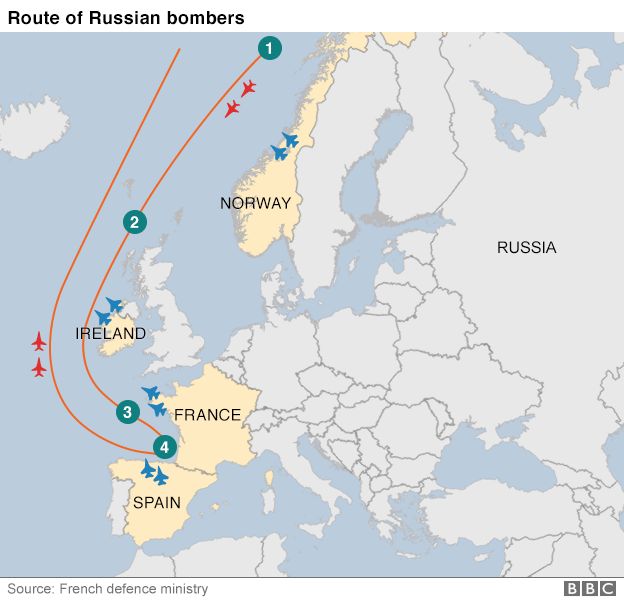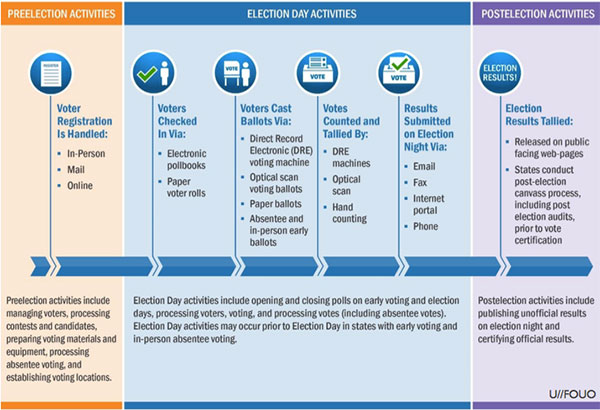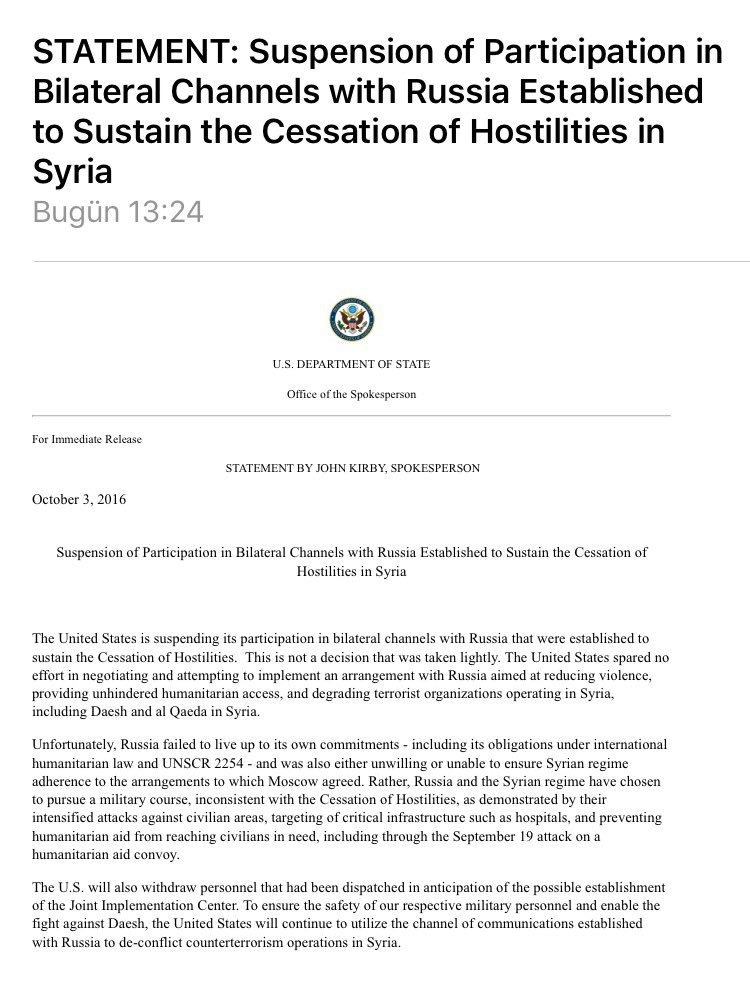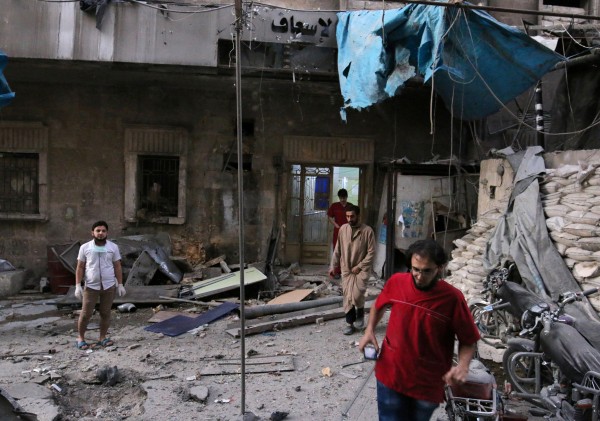A sudden decision to drop the case against Marc Turi, the legitimate arms dealer approved by Hillary to move weapons to Libya, oh…no…then to Qatar and then not at all had his home raided. Why? Good question except Turi Defense was approved not never launched any shipments. The case against him fell apart mostly due to the notion the government would have to produce documents of the case and background for legal discovery and it would have further tainted Hillary Clinton’s actions regarding Qaddafi and her actions in Libya. Hummm okay….what else? All kinds of cases and questions, try a few of these below. Remember too that Obama issued a pardon for Iranians in the United States during the prisoner swap with Iran. Don’t forget those pesky 5 Taliban commanders released for Bowe Bergdahl.
Meanwhile:
Hamas On Campus, and Hamas is a terror organization, since 1997.
Introduction:
Across America college campuses are being flooded with pro-terrorist propaganda by groups supported by college administrators and student funds. These groups are led by Students for Justice in Palestine but they include the broad coalitions of the left which have become the breeding grounds for a new anti-Semitism. Boycott, Divest and Sanctions resolutions targeting the state of Israel for destruction are passed to chants of “Allahu Ahkbar,” while Jewish students are the targets of verbal and physical harassments which have reached epidemic proportions. This is a report on the 10 schools most supportive of the efforts of Students for Justice in Palestine and its allies, to demonize the state of Israel and bring about its destruction.
Students for Justice in Palestine (SJP) portrays itself as a typical student organization and multicultural group advocating for “social justice” in the Middle East, but this image is a cleverly constructed disguise. Students for Justice in Palestine is not concerned about justice in Palestine where the Hamas regime steals hundreds of millions of dollars earmarked for humanitarian aid and uses it to dig terror tunnels whose only purpose is to murder Jews. In truth, SJP is a pro-terror organization that is funded by anti-Israel Hamas terrorists for the purpose of destroying Israel, the world’s only Jewish state, and committing genocide against its Jewish population as prescribed in the Hamas charter.
Visit Stop the Jew-Hatred on Campus.
1. Brooklyn College (CUNY)
2. San Diego State University
3. San Francisco State University
4. Tufts University
5. University of California Berkeley
6. University of California Irvine
7. University of California Los Angeles
8. University of Chicago
9. University of Tennessee Knoxville
10. Vassar College
**** Then there is Mosed Omar.
Federal prosecutors — acting abruptly and without public explanation — have moved to drop a controversial criminal passport fraud case that critics alleged stemmed from coercive interrogations at the U.S. embassy in Yemen.
Earlier this year, a grand jury in San Francisco indicted Mosed Omar on passport fraud charges linked to a statement he signed during a 2012 visit to the U.S. diplomatic post in the unstable Middle Eastern nation.
After signing the statement saying he’d used a false name when he was naturalized as a U.S. citizen in 1978, Omar’s U.S. passport was confiscated and a request for a passport for his daughter was denied. Omar eventually made it back to the U.S. on a temporary travel permit. More here from Politico.
There was the case of Huma Abedin not only working officially at the State Department for Hillary Clinton, but at the same time she was on the payroll of Teneo. Has this investigation and case advanced in any form? Not so much.
It seems that double dipping, meaning working for the Federal government and other outside organizations is actually quite common and this too includes staffers working for legislators in both houses of Congress. So, this does tell us there is nepotism perhaps and for sure conflicts of interest. How so you ask? Words matter and members of Congress figured out that the word ‘fellowship’ is best used to describe the work…..sheesh….
POGO: The U.S. Congress allows Members to staff their offices with Fellows who are paid by corporations, foundations, universities, non-profits, and other outside private entities.
The Fellows are required to abide by all the laws, rules, and standards governing permanent Congressional staff members. Indeed, they are often indistinguishable from permanent staff members. They work on writing legislation and Floor speeches, and represent the Member in meetings with other offices and constituents.
POGO reviewed 2,014 publicly available reports on Senate fellows and found several examples of the appearance of a conflict of interest, and that Senators did not consistently disclose fellows whose salary was paid by a third party. The House does not maintain records on Congressional Fellows at all.
On the Senate side, fellows and their supervisors are required to file reports detailing when they began their fellowship, how much money they’re making, what entity is paying their salary, and how many hours they’ve worked. Senate rules mandate that new fellows file their “Agreement to Comply with the Senate Code of Official Conduct,” known as form 41.4, at the beginning of their fellowship, at the end of each calendar quarter, and at the end of the fellowship. The fellow’s supervisor must file a “Report on Individuals Who Perform Senate Services,” known as form 41.6, which is often signed by the Senator. While these forms are available to the public, they are not electronically available and anyone interested in seeing them must visit the Senate Office of Public Records during business hours.
Is there a code of conduct, formal disclosures and rules that apply here? Yes….is there compliance? Not so much. Essentially, this is but another means to lobby members of Congress and to ensure earmarks are designated, and they are.
Require disclosure in the House of Representatives
The House Rules committee should introduce language into the Code of Official Conduct that would require Representatives to report when their office employs an individual who is compensated by any source outside of the United States Government. Such a report should include the identity of the source of the compensation and the amount or rate of compensation.
More oversight in the Senate
Senate reporting of Fellows who are paid by corporations, foundations, universities, non-profits, and other outside private entities is falling short. The Senate Ethics Committee needs to increase its oversight over the Congressional Fellows reporting requirements, actively checking with Member offices to make sure they don’t have any Fellows employed for years they don’t report any. The Senate Ethics Committee should also increase training for Member offices on what they are required to report, at the start of each Congress it should hold a series of trainings for all Member offices.
Both Chambers should require electronic filing of these disclosures, in a publically accessible format
The Senate, and House as it begins to require reporting on Fellows, should transition to an electronic filing system that can be accessed by the public. This will allow for more uniform participation by Member offices and more public oversight over the Congressional Fellowship programs. Read on here for further and exact details from POGO. Fabulous investigative work and causes for more questions to be asked and solutions to be applied.



.jpg)

